Make Your Experiences Count. They Can Change the World.
LET’S BRING ALL OF OUR KNOWLEDGE AND EXPERIENCES TOGETHER.
TOGETHER WE KNOW MORE. TOGETHER WE ACHIEVE MORE. TOGETHER WE DO BETTER.
LET’S BRING ALL OF OUR KNOWLEDGE AND EXPERIENCES TOGETHER.
TOGETHER WE KNOW MORE. TOGETHER WE ACHIEVE MORE. TOGETHER WE DO BETTER.
Published: August 16, 2019
Together with the launch of the KNOW-HOW3000 News Area, we are also initiating the Sector Update Series and I am excited to be the first one to update our Community on what the Rural Development sector is up to right now.
Just to give you an idea about what you can expect from this series: We, the Sector and Programme Coordinators as well as the Knowledge Management Team, are going to regurarly publish posts in order to inform the KNOW-HOW3000 Community about news, developments, events, challenges and projects regarding the different sectors. The aim of the series is to keep everyone in the loop of current sector-related issues and to facilitate exchange among the Community with our Sector Coordinators.
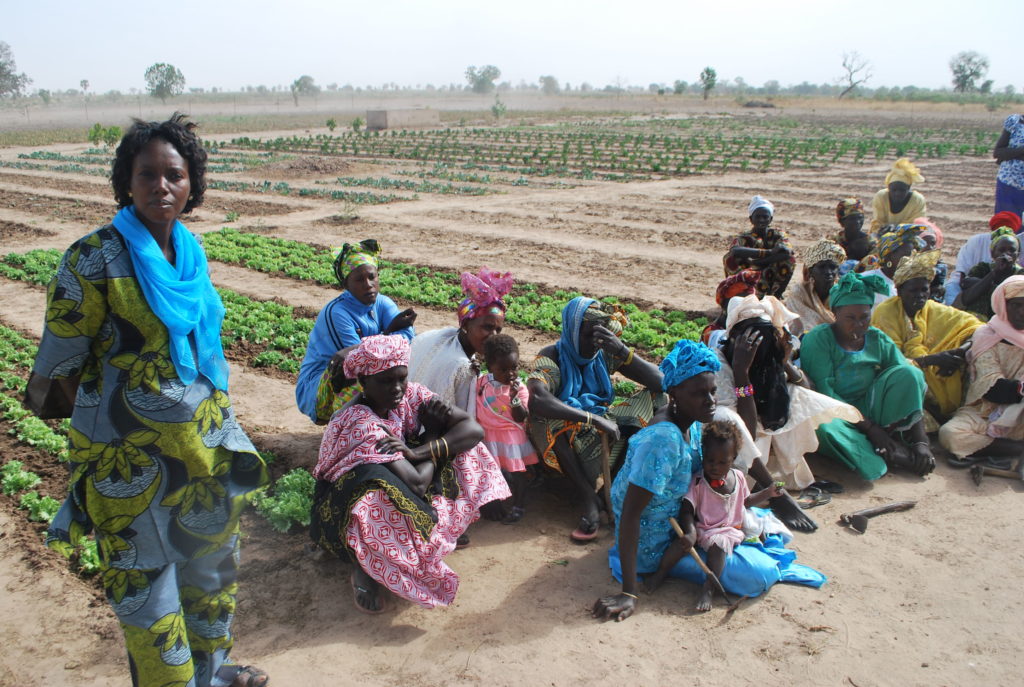 So here’s what I would like to share with you on the sector Rural Development – Natural Resource Management and the issues that we are currently dealing with:
So here’s what I would like to share with you on the sector Rural Development – Natural Resource Management and the issues that we are currently dealing with:
For 2019 and 2020 we have decided to put a thematic focus on agroecology. Why? Agroecology is found in nearly all of our Partner Countries and has a huge potential to achieve just, resilient and sustainable food systems.
Before sharing some more information, it might be helpful to clarify what we refer to, when speaking about agroecology. The FAO has published a very useful definition of agroecology:
“Agroecology is an integrated approach that simultaneously applies ecological and social concepts and principles to the design and management of food and agricultural systems. It seeks to optimize the interactions between plants, animals, humans and the environment while taking into consideration the social aspects that need to be addressed for a sustainable and fair food system.” (FAO)
Our Partner Organisations in Central America, headed by FUNDESYRAM, have intensively discussed concepts and practices for agroecology last year and we have found out that other HORIZONT3000 partners in various countries apply different concepts for agroecological practices. We find a very broad range of names, definitions and concepts that our Partner Organisations use to foster these agroecological practices.
That’s the reason why we came to the conclusion that we need a joint-learning process in order to discuss currently applied concepts with existing international standards/ criteria for agroecology. Therefore HORIZONT3000 and our Member Organisation DKA are currently developing a small joint-learning project on agroecology.
If you have experiences on agroecology that you want to share:
In order to inform you on this project, I asked our dear colleague Martina Luger (former TA) to give you a short introduction. This is what she wanted to share with you:
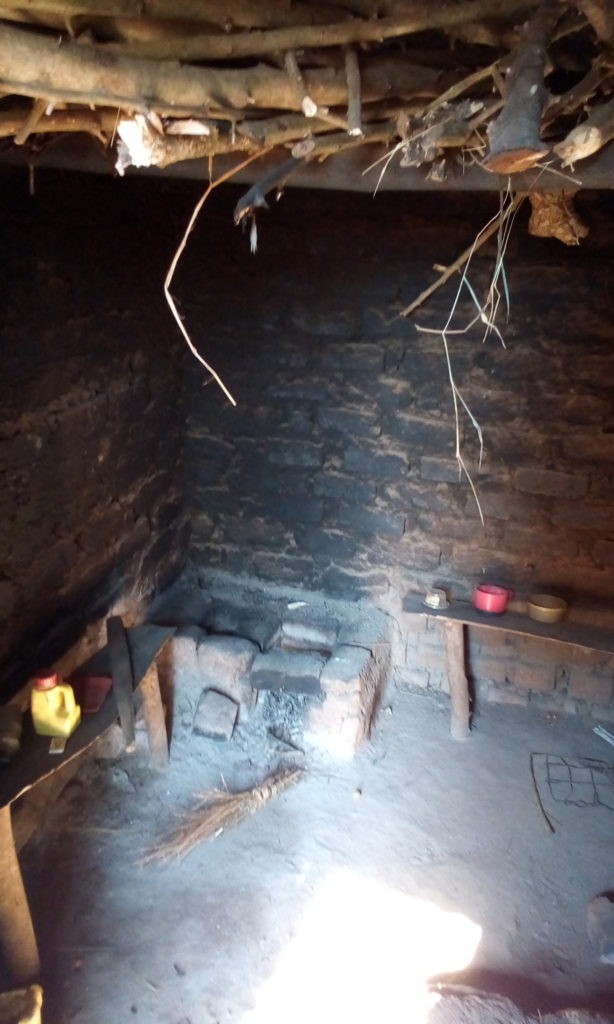
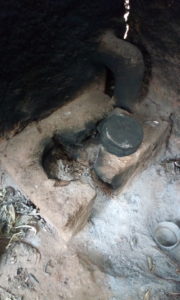
“Since October 2018, HORIZONT3000 is shareholder of the German ecumenical CO2 compensation fund Klima-Kollekte, which is investing compensation payments from individuals, organisations and communities in poverty-reducing climate mitigation projects in developing countries. In addition to the emission reduction, special attention is paid to the contribution of the projects to the United Nation’s Sustainable Development Goals. In the projects climate change and development are indivisibly linked. They support Partner Organisations in building social enterprises that contribute to their financial autonomy and local job creation.
At the beginning of 2019, HORIZONT3000 founded the Klima-Kollekte Austria together with the Diakonie Austria, the coordinating office of the Austrian Bishops’ Conference for Development and Mission (KOO) and the Evangelical Churches A. and H.B. We strive to promote the prevention, reduction and compensation of CO2 emissions resulting from energy consumption, traveling, print materials, events etc. in Austria.
After an exploratory phase, HORIZONT3000 and our Partner Organisation Caritas MADDO in Masaka Uganda are currently developing a first pilot project, based on the criteria of the Gold Standard (International quality standard for carbon offset projects), in the category of energy efficiency, which will be implemented from the beginning of 2020 and subsequently extended to a Gold Standard certified project.
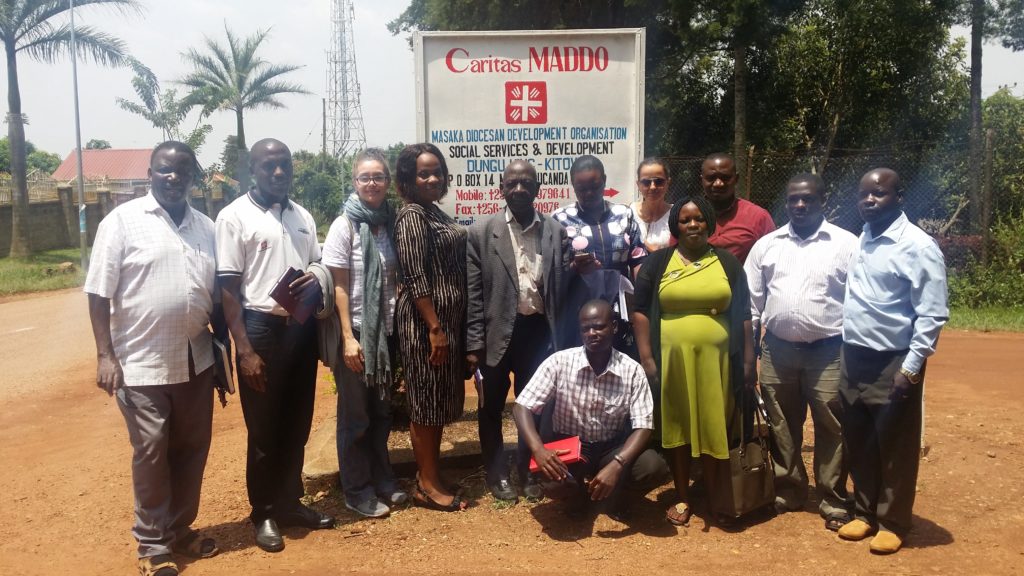
The pilot project aims at the conversion from traditional open fireplaces that use wood to energy efficient cook stoves in the region Masaka, Uganda. Efficient cook stoves reduce the consumption of wood (about 40%) and smoke significantly and thus can make an important contribution to the preservation of forests and significantly reduce the exposure to harmful smoke particularly of women and children.
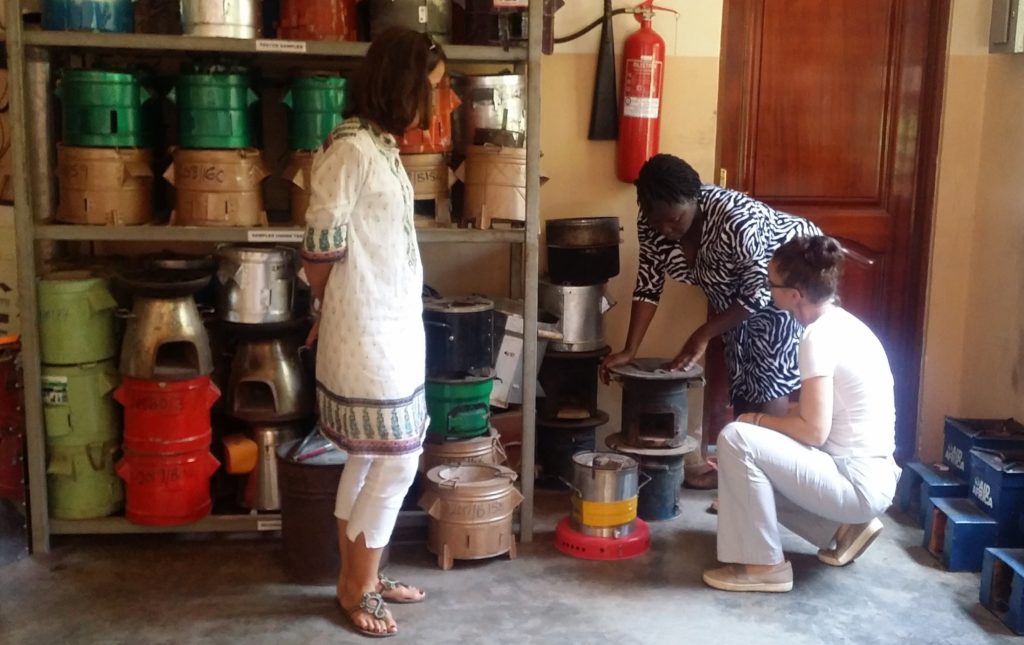
In addition, especially women save time because of reduced cooking time and less wood picking effort and the household budget is noticeably relieved. For the preparation of a sound project proposal for the pilot project (June – December 2019) numerous steps are necessary, which provide the necessary data base for the calculation of the planned emission reduction and give our implementing Partner Organisation in Uganda the chance to get familiar with the business oriented approach of compensation projects.
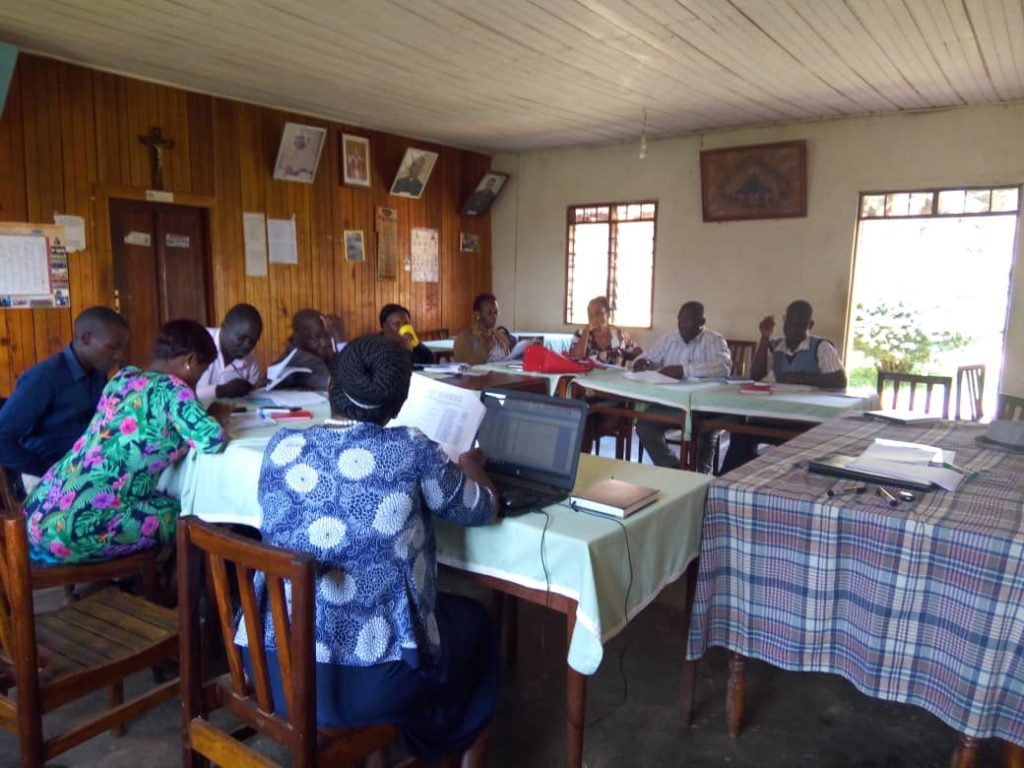
Currently a baseline survey is being carried out in four districts to help us understand the characteristics of the target population, their preferences regarding stoves and cooking habits, as well as the local market of traditional cooking stoves. Subsequently, the suitable project stove(s) will be selected in a participatory manner. To assess its acceptance, 30 households will test the stove(s) for approximately 2 months.
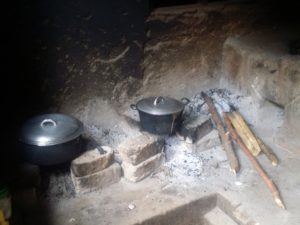
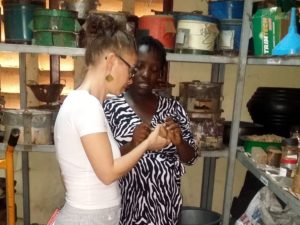
Additionally, the stove(s) will be tested for its wood consumption and efficiency to provide the necessary data base for calculating the expected emission reduction. In parallel, the project database, the marketing and sales strategy, customer feedback and maintenance mechanisms as well as a monitoring and reporting plans will be developed. This initial project development is accompanied technically and scientifically by specialist consultants in the carbon sector (Bridgebuilders, Germany) and specialists for efficient cook stoves (Center for Research in Energy and Energy Conservation, Uganda).”
If you have experience with cook stoves or any other relevant information for this project, please let us know!
If you want to know more about agroecology and carbon projects, you can find relevant documents here:
http://www.fao.org/agroecology/home/en/
https://www.cidse.org/publications/just-food/food-and-climate/the-principles-of-agroecology.html